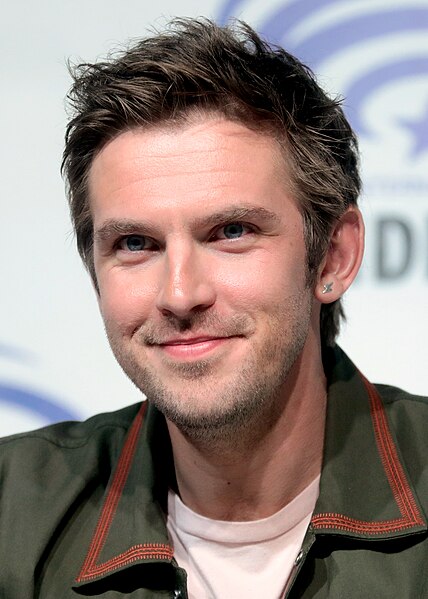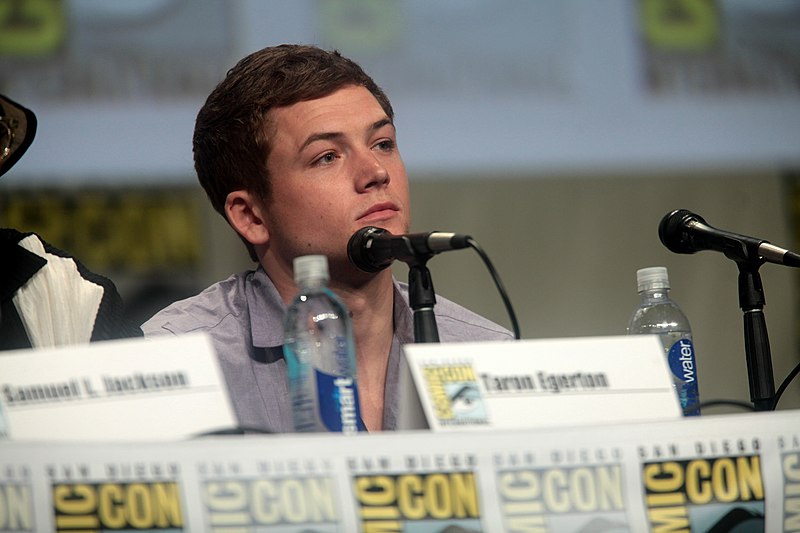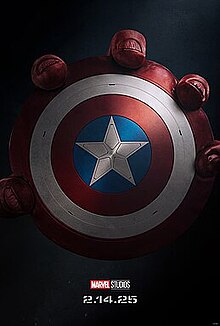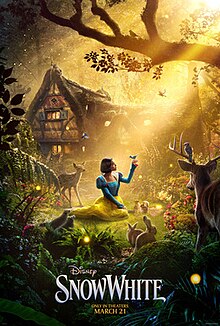So this year we have another Oscars in the history books.
Below are my thoughts on the night.
THE GOOD
1. Bring Back Conan
I have always been a huge fan of Conan O'Brien. I love his sense of silly, self-depricating humor. He had me smiling during his entire opening monologue. I especially love his bit with Adam Sandler. There a friendly playfulness that gave the night some much needed levity. I also enjoyed the use of the Dune Sandworm and having the first responders tell jokes. But the best gag was probably the disappointed John Lithgow
2. Kerian Culkin's Speech
Most acceptance speeches are trite or preachy. Very few are memorable. But I have been telling people the story of Kerian Culkin's speech more times than I thought I would. It was charming and unique. And what I liked about it too was that it demonstrated a natural desire for family.
3. Very Little Politics
While there was some political points made in speeches and one joke by Conan directed at the president, overall the night was pretty light on politics. This is good, since Hollywood is not known for its good-natured jocularity towards those of differing political opinions. When political jokes are made, it is usually done in a way that alienates half of the country.
4. Gene Hackman Tribute
Though it was last minute, I was pleased that they gave a special tribute to Gene Hackman. While many other influential people in the entertainment industry passed this year, Hackman was a giant among them and the Academy wisely understood that his tribute needed to stand out they way he stood out in all of his films.
THE BAD
1. The Show Still Drags
Conan did a funny bit about the show being too long. I know that the number was meant to be ironic, but just because you make fun of the problem, it does not make the problem go away.
And as much as I love James Bond, why in the world was there a gigantic James Bond song and dance number? There was nothing this year that necessitated this tribute and it felt oddly placed in an already overly-long show.
And I know it is awkward to play off someone who just one a major award, but it was in such poor taste for Adrian Brody to drone on and on after rambling for the first half of his acceptance. It seemed selfish and arrogant considering that other people had their time cut.
2. Glorifying Sex Workers?
Look, I have not seen Anora. And one of my favorite critics, the mighty John Nolte, says that it is a fantastic film. I've heard that writer/director Sean Baker respects his audience enough to let them make up their own minds regarding how to feel about the characters.
But during the acceptance speeches of Baker and Best Actress Mikey Madison, they both thanked the community of "sex workers."
Now to be fair, Christ would recognize the humanity in prostitutes and he let them know that they had value. But in thanking the community of "sex workers," it sounds as though it lends legitimacy to this wicked exploitation. Jesus went to the prostitutes so that He could free them from the slavery of that degrading life. But something has gone horribly wrong when we elevate the sexual exploitation of our fellow human beings as something morally licit. And thanking the sex worker community feels like you are trying to give that activity moral legitmacy.
3. No One Saw The Best Picture
Speaking of Anora, we once again run into the problem of no one having seen the Best Picture. Last year, Oppenheimer was a big hit and so people could root for it to win. But Anora was number 85 on the list of top Box Office draws for 2024, making just a little over $14 million.
Interstellar, a movie that was released 10 years ago and has been freely available on streaming and Blu-Ray was re-released last year and it made $1 million more in theaters.
The Chosen released three episodes of Season 4 in theaters. This also made more money than Anora. Again, people paid more money to go to a movie theater to watch a television show about Jesus that anyone can watch at home for FREE than they paid to see the Oscar winner for Best Picture.
So those are my thoughts. What are yours?
And now, the moment you've been waiting for... the winners of this year's CATHOLIC SKYWALKER OSCAR GAME.
With no clear frontrunner in most of the major categories, scores were generally lower this year, with the lowest score being a tie with -6.8
In third place with a combined score of 9... Nicole K!
And we have a tie for first place with a combined score for each of 12.1.... Phil and Linda!
Phil and Linda both saw more of the movies nominated than I did, so their victory is well-earned. And as frequent players of this game, I'm happy for their win. Congratulations to you both!
This year, I think not seeing most of the nominees hurt my score.
When grading purely on predictions, the order of the top three winners remains the same (Linda = 8.1, Phil = 7.1, Nicole = 5.5)
When it came to scoring purely on choice, Phil wins (5), Linda is in second (2), and Nicole K. is third (3.5). Thank you to everyone who played this year. Good luck in next year's game!



_poster.jpg)




















